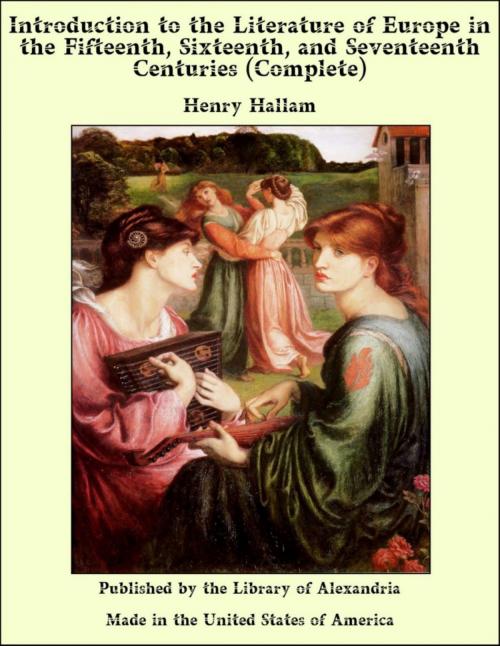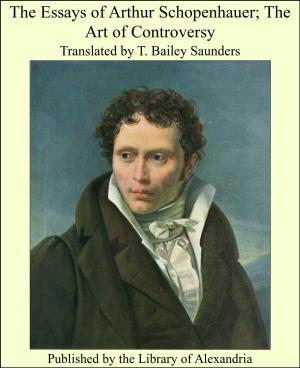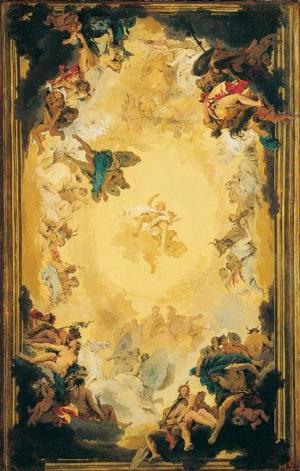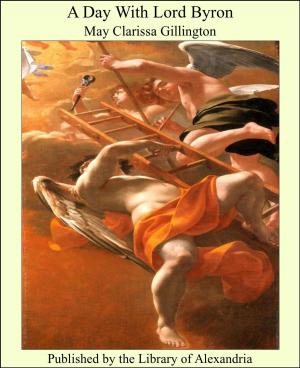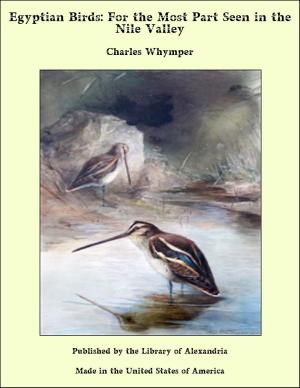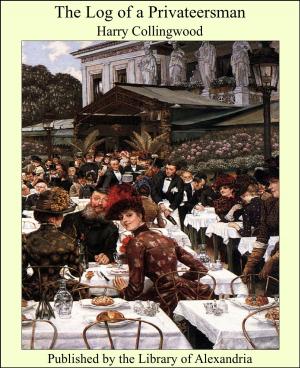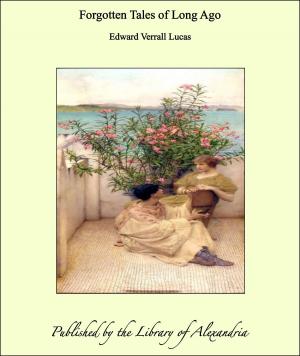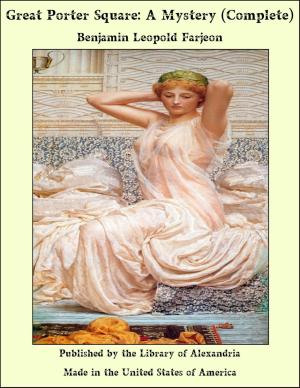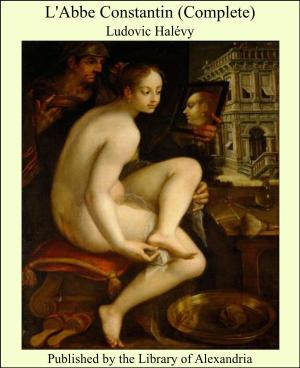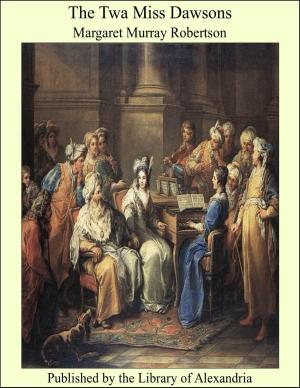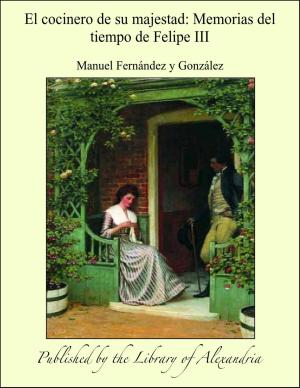Introduction to the Literature of Europe in the Fifteenth, Sixteenth, and Seventeenth Centuries (Complete)
Nonfiction, Religion & Spirituality, New Age, History, Fiction & Literature| Author: | Henry Hallam | ISBN: | 9781465586421 |
| Publisher: | Library of Alexandria | Publication: | March 8, 2015 |
| Imprint: | Language: | English |
| Author: | Henry Hallam |
| ISBN: | 9781465586421 |
| Publisher: | Library of Alexandria |
| Publication: | March 8, 2015 |
| Imprint: | |
| Language: | English |
The advantages of such a synoptical view of literature as displays its various departments in their simultaneous condition through an extensive period, and in their mutual dependency, seem too manifest to be disputed. And, as we possess little of this kind in our own language, I have been induced to undertake that to which I am in some respects, at least, very unequal, but which no more capable person, as far as I could judge, was likely to perform. In offering to the public this introduction to the literary history of three centuries—for I cannot venture to give it a title of more pretension—it is convenient to state my general secondary sources of information, exclusive of the acquaintance I possess with original writers; and, at the same time, by showing what has already been done, and what is left undone, to furnish a justification of my own undertaking. The history of literature belongs to modern, and chiefly to almost recent times. The nearest approach to it that the ancients have left us is contained in a single chapter of Quintilian, the first of the tenth book, wherein he passes rapidly over the names and characters of the poets, orators, and historians of Greece and Rome. This, however, is but a sketch; and the valuable work of Diogenes Laertius preserves too little of chronological order to pass for a history of ancient philosophy, though it has supplied much of the materials for all that has been written on the subject.
The advantages of such a synoptical view of literature as displays its various departments in their simultaneous condition through an extensive period, and in their mutual dependency, seem too manifest to be disputed. And, as we possess little of this kind in our own language, I have been induced to undertake that to which I am in some respects, at least, very unequal, but which no more capable person, as far as I could judge, was likely to perform. In offering to the public this introduction to the literary history of three centuries—for I cannot venture to give it a title of more pretension—it is convenient to state my general secondary sources of information, exclusive of the acquaintance I possess with original writers; and, at the same time, by showing what has already been done, and what is left undone, to furnish a justification of my own undertaking. The history of literature belongs to modern, and chiefly to almost recent times. The nearest approach to it that the ancients have left us is contained in a single chapter of Quintilian, the first of the tenth book, wherein he passes rapidly over the names and characters of the poets, orators, and historians of Greece and Rome. This, however, is but a sketch; and the valuable work of Diogenes Laertius preserves too little of chronological order to pass for a history of ancient philosophy, though it has supplied much of the materials for all that has been written on the subject.
